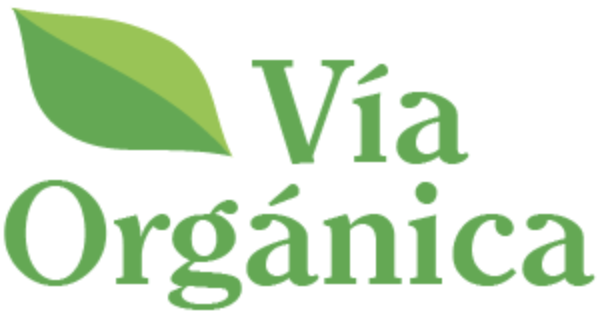Feeding the World Slowly, Ethically, Sustainably
By Anthea Torr, Biophile Magazine
Our planet is facing many dangers. Her very survival is being threatened as we plunder and pollute her at a pace that outstrips her capacity to sustain life.
“The great fruit salad story… fruit salad from tree to table by modern, industrial, unsafe, irrational, global warming contributing, quasi-scientific, bureaucratically controlled, fuel-inefficient, economically perverse farming and distribution methods compared to an indigenous person who will expend one calorie to get 4 calories of food – I wonder how much energy is wasted to get your food to the table.” ~The Little Earth Book – by James BrugesOur planet is facing many dangers. Her very survival is being threatened as we plunder and pollute her at a pace that outstrips her capacity to sustain life.
Global warming, deforestation, ozone thinning, water and air pollution, species extinction and topsoil depletion are just a few of the many problems that need our urgent attention. Many organisations have been formed, many conferences are held around the world, and action is being taken, but it is not until each and every one of us makes a conscious choice to fundamentally change our lifestyles at the grassroots level, that a real and meaningful change will occur.
Food is central to our lives. It is a source of enjoyment as well as nourishment. But food is also at the core of many problems in our world. Nearly 800 million people in the southern hemisphere are chronically malnourished, while in the industrialised world, many die from the effects, such as stroke and coronary heart disease, of overconsumption.
One of the many ways that we can make a huge and significant difference to the world we live in is our choice of food: where we buy it, whether it is packaged or not or whether we grow it ourselves. Millions of tons of natural resources go into processing, packaging and transporting our food, and all this adds to the critical global warming problem and ever expanding landfills that are poisoning our planet.
Nutrition, animal welfare, cultural diversity and taste have been sacrificed for uniformity and standardisation. For the same reason, food now travels from evermore distant parts of the globe; relying heavily upon fossil fuels, creating pollution, increasing the need for packaging and preservation, and often reducing freshness and nutritional content. This, coupled with intensive farming practices, contributes significantly to the release of atmospheric pollutants and has other adverse environmental and health effects.
We have come to expect perfect-looking, uniform produce, heavily packaged convenience foods and out-of-season fruits and vegetables that are often transported thousands of kilometers across South Africa or, worse still, flown in from another country.
The Audubon Society reports that the earth could feed 10 billion people who eat like the people of India or 5 billion people who eat like Italians, but only 2.5 billion people who eat like the Americans.
By far the heaviest burden we place on the planet are when meat and other foods of animal origin are included in our diet. According to World Watch, if the Americans were vegetarian they would save 60% of their fuel bill!
Animals raised for food eat a large percentage of our grain crops, require millions of liters of water. Animal farms and feedlots produce tons of waste which pollutes rivers, the groundwater and soil.
Modern factory farming crowds animals into such unhealthy, cruel conditions that it is necessary to give them tranquilizers and huge doses of antibiotics simply to keep them alive. They then remove the young from their mothers much too early, causing huge feelings of loss and morning on both sides, feed them hormones to make them grow faster than nature intended and chemically-laden grains and other unsuitable foods.
They are then sent to be slaughtered long before their intended lifespan ends. Meat-eating people then have these chemicals enter their system, where they accumulate over time, slowly poisoning them, or they enter the environment and contribute to the demise of our planet.
Eating less food of animal origin is the single most powerful choice you can make for your health and for the earth. The meat industry is the second largest environmental threat. Only transport poses a greater risk.
